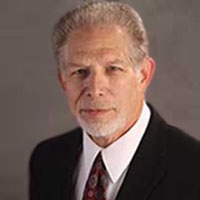Enosburg Falls Misdemeanor Lawyer, Vermont
Not enough matches for Enosburg Falls Misdemeanor lawyer.
Below are all Enosburg Falls Criminal lawyers.
Kenneth L. Geduldig
✓ VERIFIEDCriminal, Divorce & Family Law, Estate, Real Estate, Personal Injury
Kenneth Geduldig proudly serves Burlington, Vermont and the neighboring communities in the areas of criminal defense, divorce & family, estate, real e... (more)
Paul S. Volk
Motor Vehicle, US Courts, Criminal, Identity Theft, Civil & Human Rights
Status: In Good Standing
Tristram J. Coffin
Complex Litigation, Government Contract, White Collar Crime, Corporate
Status: In Good Standing
Robert J. Kaplan
Criminal, Corporate, Business, Personal Injury
Status: In Good Standing Licensed: 31 Years
Franklin Lacinio Paulino
Employment, Divorce & Family Law, Criminal
Status: In Good Standing Licensed: 17 Years


